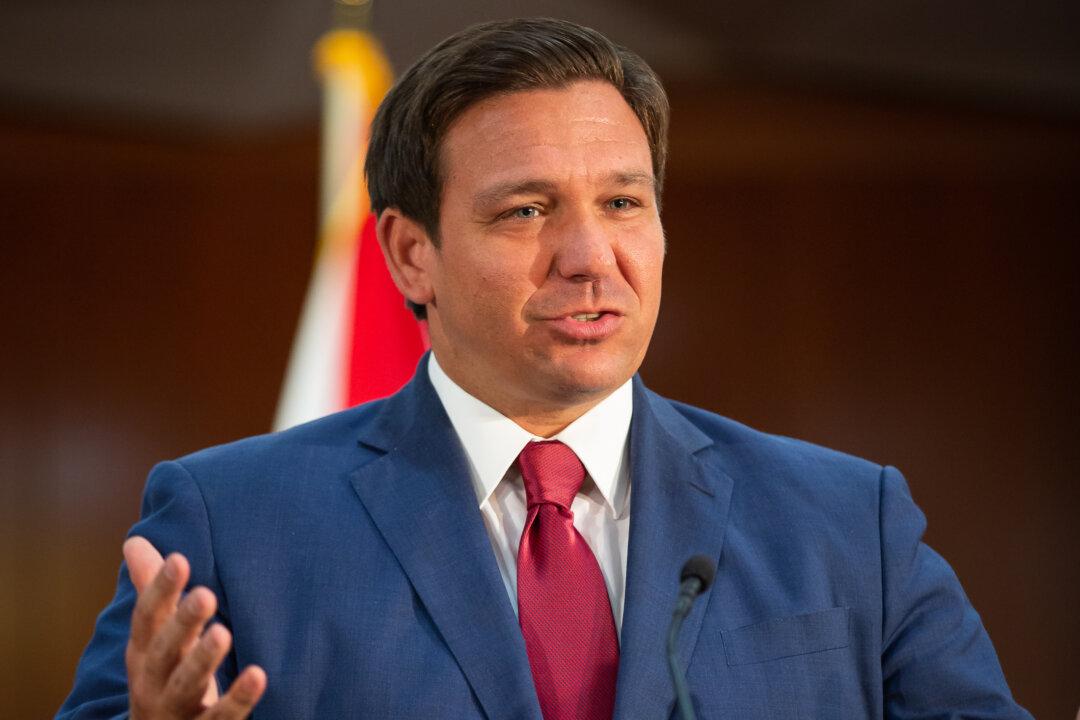Amid a national discussion about whether President Joe Biden is too old to pursue a reelection bid in 2024, commentators and journalists have floated a number of hypothetical general election matchups in the event that he does not run. Prominent among these potential scenarios is a contest between Vice President Kamala Harris and Florida Governor Ron DeSantis.
Political observers and experts, including senior figures within Republican Party politics, have expressed a range of views to The Epoch Times about the governor’s prospects in such a race, with some praising his economic record in Florida and others arguing that DeSantis still needs to do considerable work to build appeal and name recognition outside Florida on par with the current vice president.





